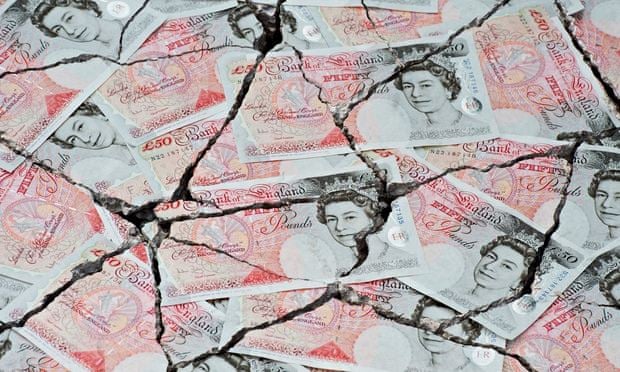
Bankruptcy is considered as a phase where one can’t finance their debt and has taken higher leverage which ruins the situation and makes one fall into a situation where they have zero income source.
It’s the financial dead-end of a person and it’s a probable fate one can face if they are not careful with finances in good times. An economic downturn or a sudden personal accident can ruin the financial situation of a person.
In those situations, if one has loans and other forms of debt, then that can become a troubling factor as they can’t meet the obligations of the debt. It ruins their credit score, and that makes them unworthy of any future financial products, thus becoming quite troublesome for one who wants to kickstart their financial life.
In this blog, we will discuss the steps of how to avoid financial bankruptcy and how one can prepare better for much more efficient financial management.
Understanding the Issue of Bankruptcy
Bankruptcy is a process where a business or an individual meets the obligation of paying their debts through liquidating their assets. There are different types of bankruptcy procedures, but in general, when the liability gets high at that stage, one can’t finance that through their income; thus, the resulting fate is bankruptcy, where the assets are put on auction to compensate for the liabilities.
A person in those situations can go through a consultation with an agent through a loan agent app, and they can understand the pain points and can aim to settle the debt through debt consolidation.
Different Types of Bankruptcy
There are different types of bankruptcy, and through that, one can choose the format for which one can apply.
- Chapter 7: In this bankruptcy, the liquidation process happens where the debt is paid off through selling the assets.
- Chapter 13: Here, a reorganization process gets developed allowing the person to develop a regular stream of income, and through that, they can pay off the existing debts.
- Chapter 11: It’s used by the business and through that, one can reorganize the liabilities, and that will help to pay off the debts by clearing each asset of the business.
Why Filng Bankruptcy is Not Always a Good Choice
Filing for bankruptcy is not always a perfect decision, and some common problems can occur when it comes to dissolving assets.
- Credit Gets Impacted
One of the most common problems is that the credit of the person gets impacted, and one can’t improve their credit report for up to 10 years once they have gone through the liquidation process. Here, are some of the losses one needs to face when they are going for a chapter of bankruptcy.
- Loss of Property
Under Chapter 7 bankruptcy, one can lose all the property and assets that will be used to cover all the outstanding debt which can worsen the living and lifestyle situation of a person.
- Bad Reputation in the Public Sphere
When a person goes for bankruptcy in that situation, one faces a bad reputation in the market, and that tampers the credit and prestige of a person. When one files for bankruptcy, it no longer remains a private affair and thus impacts the societal perception.
- Trouble in Obtaining a Loan
When it comes to taking a loan after filing for bankruptcy, it usually meets with the same result, and that is loan rejection. A person who has taken a significant amount as debt and has gone through trouble can face rejection after the process of bankruptcy.
For a business, they can consult with a business loan agent, and they are the ones who can help a person kickstart their financial process, which might help to start a business.
- Hampers Future Employment
For an individual who was working for some organizations, it’s troubling to get the job after declaring bankruptcy as that can ruin the reputation and destroy the authority of an individual.
- Emotional Distress
When emotional distress occurs, a person can feel a loss of worth in society, and that can create trouble and mental issues within that individual. Since bankruptcy becomes a public matter in that case, one might find it problematic to deal with all the external pressure from lenders.
These are some of the reasons why bankruptcy is considered not the best option, and one can find better ways of debt settlement to avoid the cost of facing a bankruptcy trial.








More Stories
The Scoop On Policy Watch Trends
Policy Watch Unveiled Insider Edition
Policy Watch 101 Stay Informed